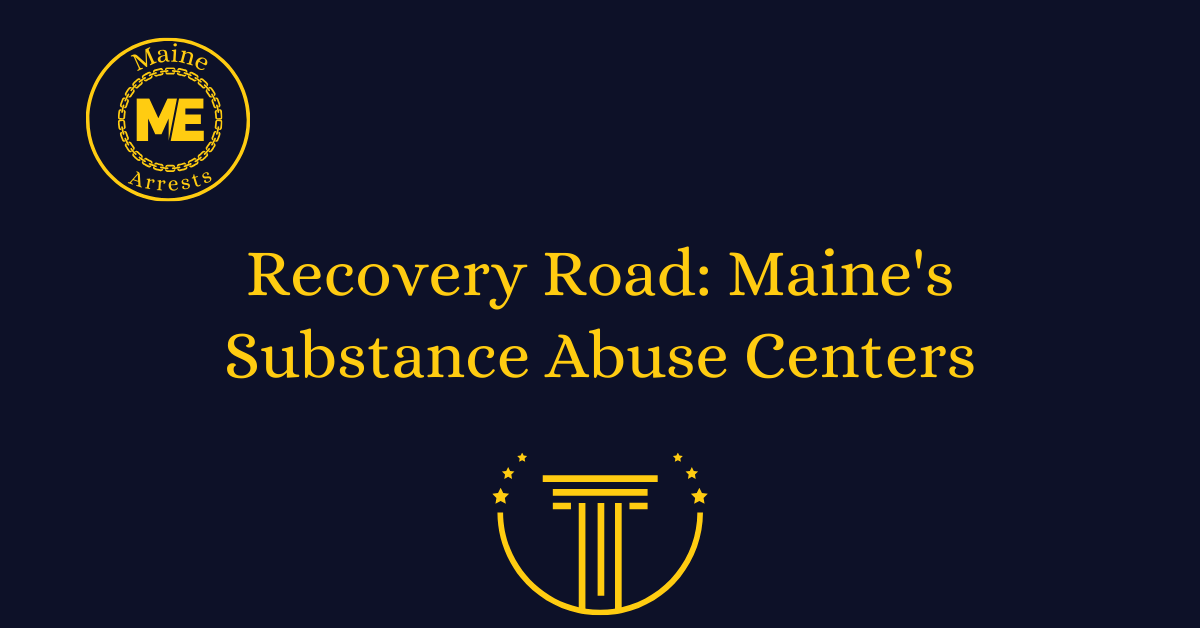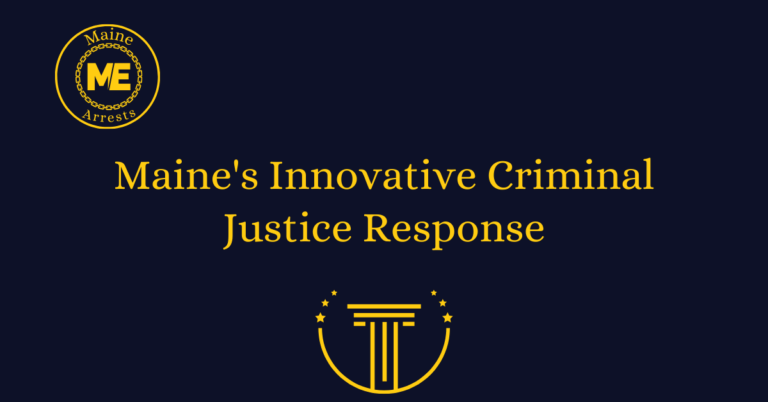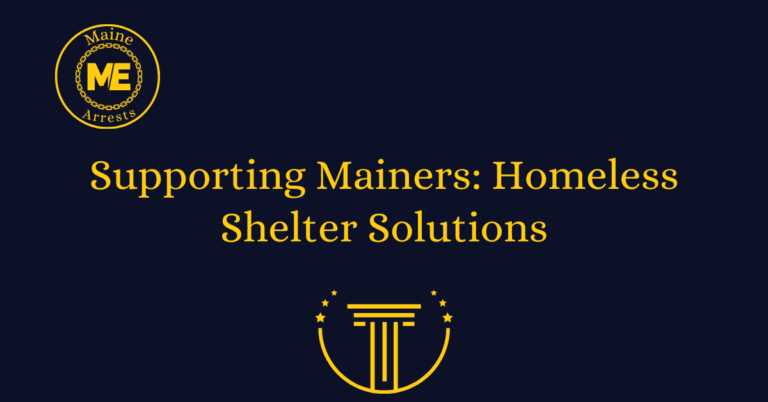Recovery Road: Maine’s Substance Abuse Centers
In the picturesque landscape of Maine lies a complex network of substance abuse centres, each playing a vital role in the journey towards recovery for individuals battling addiction. With a focus on providing comprehensive support and resources, these centres serve as beacons of hope amid the opioid crisis plaguing not only Maine but the nation as a whole. Let’s delve into the intricate tapestry of Maine’s substance abuse centres, exploring their varied approaches and contributions to the recovery process.
Understanding the Epidemic
Before delving into the specifics of Maine’s substance abuse centres, it’s essential to grasp the gravity of the opioid epidemic gripping the state. Like many parts of the United States, Maine has been profoundly impacted by the surge in opioid-related deaths and addiction cases. According to the Maine Attorney General’s Office, drug overdose deaths have risen steadily in recent years, with opioids accounting for a significant portion of these fatalities. This stark reality underscores the urgent need for effective intervention and support mechanisms, which substance abuse centres strive to provide.
Comprehensive Treatment Modalities
Maine’s substance abuse centres offer a diverse array of treatment modalities tailored to meet the unique needs of each individual seeking help. From outpatient programs to residential rehabilitation facilities, these centres employ evidence-based practices to address addiction from multiple angles. One of the cornerstone approaches is medication-assisted treatment (MAT), which combines FDA-approved medications with counselling and behavioral therapies to manage withdrawal symptoms and prevent relapse. MAT has emerged as a crucial tool in the fight against opioid addiction, offering a holistic approach that addresses both the physical and psychological aspects of substance abuse.
Emphasis on Behavioral Therapy
In addition to medication-assisted treatment, Maine’s substance abuse centres place a strong emphasis on behavioral therapy as a core component of recovery. Cognitive-behavioural therapy (CBT), dialectical behaviour therapy (DBT), and motivational interviewing are among the therapeutic modalities commonly employed to help individuals identify and modify maladaptive patterns of thinking and behaviour. These therapies empower clients to develop coping strategies, build resilience, and cultivate healthier relationships, laying the groundwork for long-term sobriety.
Holistic Support Services
Recognizing that addiction affects every facet of a person’s life, Maine’s substance abuse centres offer a range of holistic support services to address the multifaceted needs of their clients. This holistic approach may encompass vocational training, educational resources, housing assistance, and family counselling, among other services. By addressing the social determinants of health and providing comprehensive support beyond traditional treatment modalities, these centres foster a supportive environment conducive to sustained recovery.
Community Engagement and Outreach
Beyond providing direct services to individuals struggling with addiction, Maine’s substance abuse centres play a crucial role in community engagement and outreach efforts. Through educational workshops, public awareness campaigns, and collaboration with local stakeholders, these centres strive to destigmatize addiction, raise awareness about available resources, and promote prevention initiatives. By engaging with the broader community, substance abuse centres work to create a culture of support and empathy, reducing barriers to treatment and fostering a sense of collective responsibility in addressing the opioid epidemic.
Challenges and Opportunities
Despite the invaluable contributions of Maine’s substance abuse centres, significant challenges remain in combating the opioid crisis. Limited funding, workforce shortages, and systemic barriers to treatment access continue to hinder efforts to expand and improve addiction services. However, amidst these challenges lie opportunities for innovation, collaboration, and advocacy. By leveraging resources, forging partnerships, and advocating for policy changes, Maine’s substance abuse centres can continue to evolve and adapt to meet the evolving needs of individuals and communities affected by addiction.
FAQs
What services are offered at Recovery Road: Maine’s Substance Abuse Centers?
Recovery Road: Maine’s Substance Abuse Centers offer a wide range of services to individuals struggling with substance abuse. These services include detoxification, individual and group therapy, medication-assisted treatment, relapse prevention, and aftercare support.
How long does the treatment program at Recovery Road last?
The duration of the treatment program at Recovery Road: Maine’s Substance Abuse Centers varies depending on the individual’s needs and progress. The program can range from a few weeks to several months, to provide comprehensive and effective care.
Are the treatment programs at Recovery Road personalized?
Yes, the treatment programs at Recovery Road: Maine’s Substance Abuse Centers are personalized to meet the unique needs of each individual. Our team of experienced professionals conducts thorough assessments to develop tailored treatment plans that address the specific challenges and goals of each person.
Do you accept insurance for payment?
Yes, Recovery Road: Maine’s Substance Abuse Centers accepts most major insurance plans. We understand the financial burden that addiction treatment can impose, and we strive to make our services accessible to as many people as possible. Our admissions team will work closely with you to navigate insurance coverage and explore financing options.
Is aftercare support available at Recovery Road?
Absolutely. Recovery Road: Maine’s Substance Abuse Centers recognize the importance of ongoing support in maintaining long-term recovery. We provide comprehensive aftercare support, including outpatient services, relapse prevention programs, support groups, and connections to community resources that promote continued sobriety.







